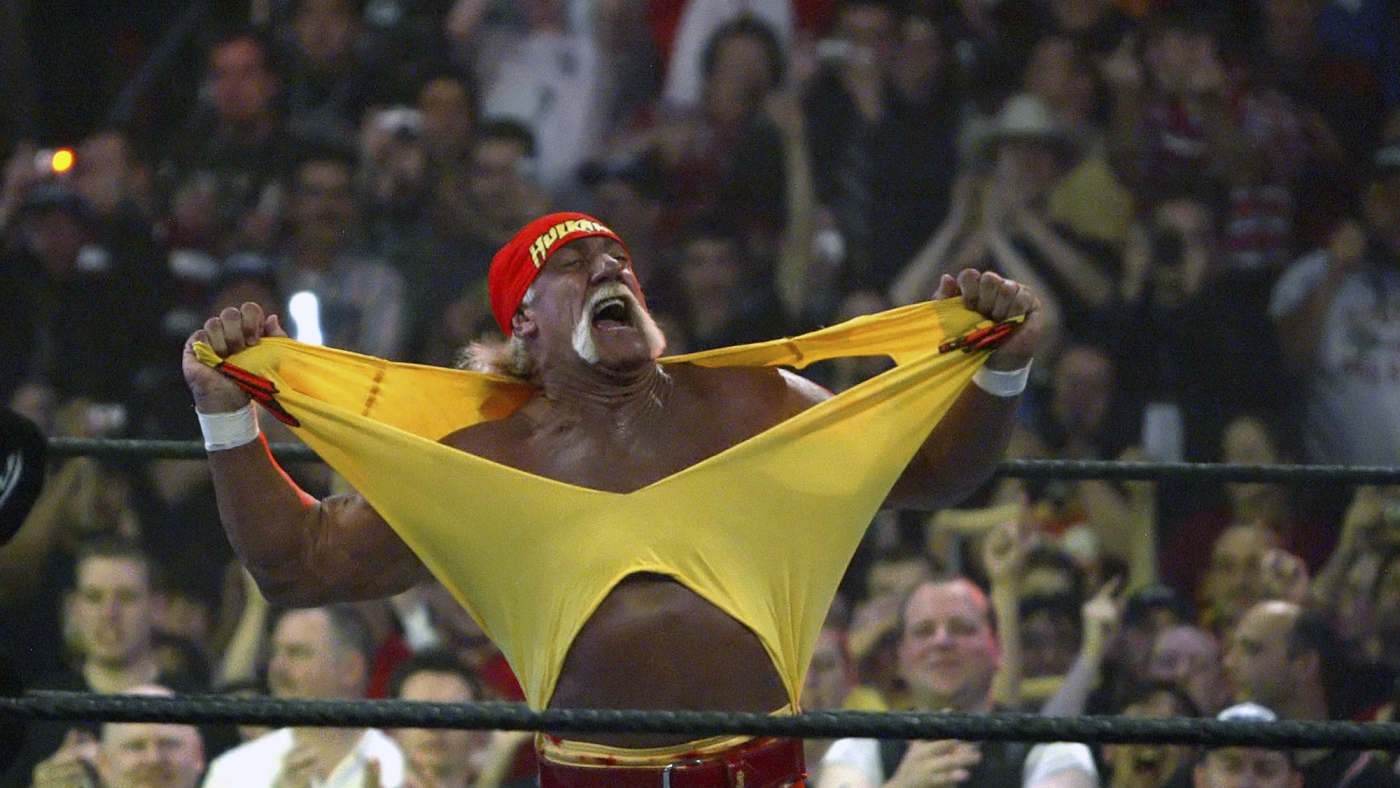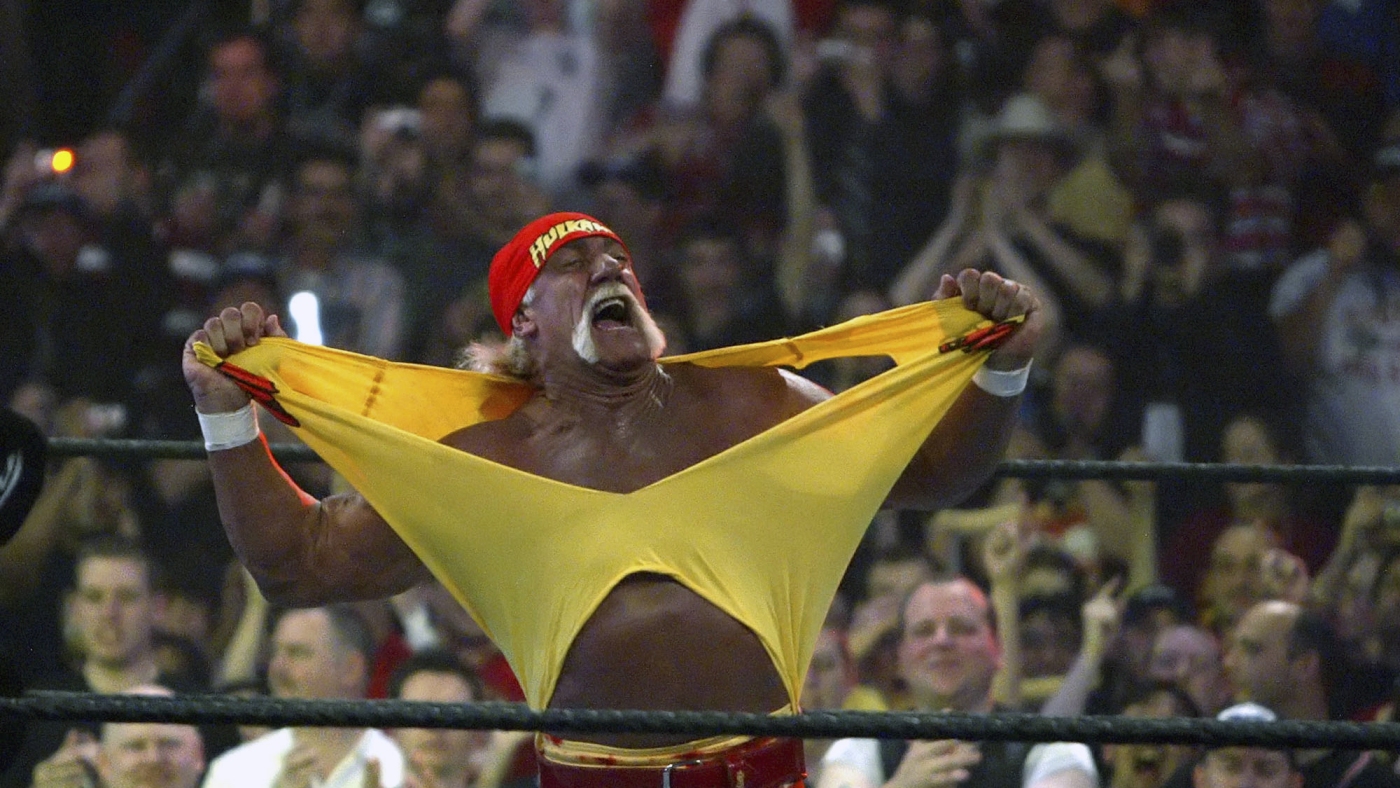The Passing of a Titan: Reflecting on the Life and Legacy of Hulk Hogan
The Rise of a Wrestling Icon
Hulk Hogan, born Terry Gene Bollea, was more than just a professional wrestler; he was a cultural phenomenon. His journey from a young man with dreams of wrestling stardom to a global icon is a testament to his charisma, work ethic, and larger-than-life persona. Hogan’s rise to fame began in the early 1980s when he joined the World Wrestling Federation (WWF, now WWE). His distinctive look—blonde hair, handlebar mustache, and colorful ring attire—made him instantly recognizable. But it was his ability to connect with audiences that truly set him apart.
Hogan’s character, the all-American hero, was a perfect fit for the WWF’s golden age. He embodied the virtues of strength, courage, and determination, often portraying the underdog who always triumphed. His matches were not just about wrestling; they were about good versus evil, a narrative that resonated deeply with fans. His signature moves, such as the running leg drop and the body slam, became iconic, and his catchphrases like “Hulkamania is running wild!” and “Say your prayers and take your vitamins!” entered the popular lexicon.
Hulkamania: A Cultural Phenomenon
Hulkamania was more than just a fanbase; it was a movement. Hogan’s popularity transcended the wrestling ring, making him a household name. He appeared in movies, television shows, and commercials, further cementing his status as a pop culture icon. His role in “Rocky III” alongside Sylvester Stallone showcased his ability to hold his own in mainstream entertainment. While his acting skills were often criticized, his charisma and presence were undeniable.
Hogan’s influence extended beyond entertainment. He became a symbol of American heroism, inspiring a generation to believe in themselves and their dreams. His persona was a blend of strength and humility, making him relatable to fans of all ages. Hulkamania was not just about wrestling; it was about the power of belief and the pursuit of excellence.
Controversies and Challenges
Despite his immense popularity, Hogan’s career was not without controversy. Accusations of steroid use plagued the wrestling industry in the 1980s, and Hogan was not immune to these allegations. Initially, he denied the claims, but later admitted to using steroids during the peak of his career. This admission tarnished his image for some, raising questions about the authenticity of his persona and the message he was sending to his young fans.
In 2015, Hogan faced severe backlash for racist remarks that surfaced in a leaked sex tape. The ensuing scandal led to his removal from the WWE Hall of Fame and a period of public condemnation. While he issued apologies and expressed remorse for his words, the incident served as a stark reminder of the power of language and the lasting consequences of prejudice.
The WWE eventually reinstated Hogan into their Hall of Fame, acknowledging his contributions to the industry while also condemning his past behavior. This decision sparked debate, with some arguing that he had earned a second chance, while others believed that his actions were unforgivable.
The Business of Wrestling: Hogan’s Impact on the Industry
Beyond the character and the controversies, Hogan played a pivotal role in transforming professional wrestling into a global phenomenon. He helped to elevate the WWF from a regional promotion to a mainstream entertainment juggernaut. His charisma, combined with Vince McMahon’s vision for sports entertainment, created a winning formula that captivated audiences worldwide.
Hogan’s success paved the way for future generations of wrestlers, inspiring countless individuals to pursue their dreams in the squared circle. He demonstrated the power of personality, the importance of connecting with fans, and the potential for wrestling to transcend its niche appeal.
His departure from WWE in the early 1990s to join rival promotion WCW (World Championship Wrestling) sparked the “Monday Night Wars,” a period of intense competition that pushed both companies to new heights of creativity and popularity. While Hogan initially portrayed a heroic character in WCW, his eventual heel turn as “Hollywood Hogan” with the New World Order (nWo) was a controversial but ultimately successful move, injecting new life into his career and the wrestling landscape.
A Complex Legacy
Hulk Hogan’s legacy is complex and multifaceted. He was a charismatic performer who captivated millions, a shrewd businessman who helped revolutionize the wrestling industry, and a flawed individual who made mistakes and faced public scrutiny. He was both a hero and a villain, both inside and outside the ring.
His impact on pop culture is undeniable. He helped to popularize professional wrestling, making it accessible to a broader audience. He created a character that resonated with a generation, inspiring them to believe in themselves and to stand up for what they believed in. He left an indelible mark on the entertainment landscape, shaping the way wrestling is perceived and consumed to this day.
While the controversies that surrounded him cannot be ignored, they also cannot completely overshadow his contributions to the world of wrestling. He was a transformative figure, a pioneer, and a cultural icon whose influence will continue to be felt for years to come.
Final Bell: An End of an Era
The death of Hulk Hogan marks the end of an era in professional wrestling. He was a larger-than-life figure whose impact extended far beyond the squared circle. While his legacy is complex and sometimes controversial, there is no denying his influence on the world of entertainment. As the wrestling community mourns his passing, it is important to remember the moments of joy, excitement, and inspiration he brought to millions around the world. Hulk Hogan may be gone, but Hulkamania will live on.








